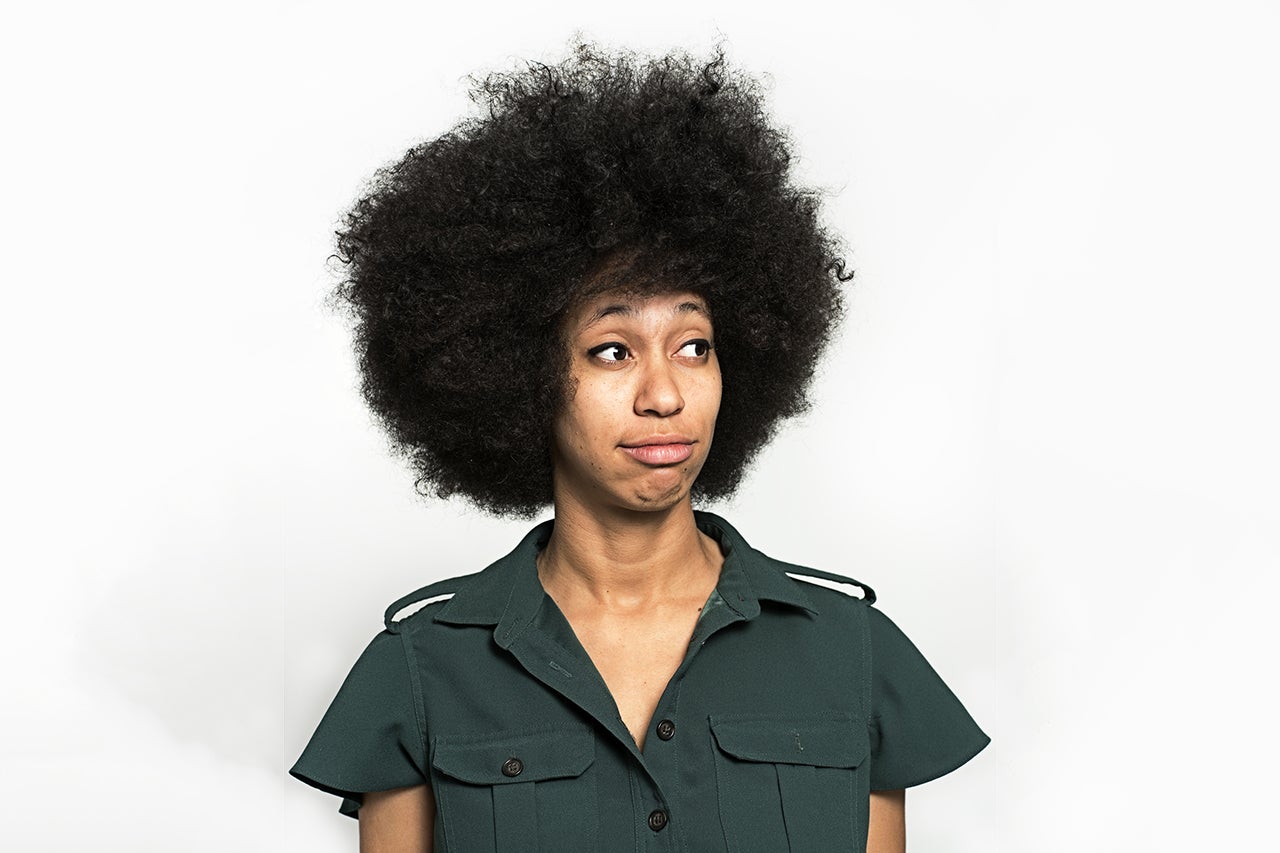The College of Charleston Women’s and Gender Studies Program (WGS) is hosting Mariah Parker – a community organizer and city councilwoman in Athens, Georgia – who will be presenting a lecture titled “Cultivating Courage: From Experience to Political Action for Justice” in room 101 of the Rita Liddy Hollings Science Center at 5:30 p.m. on Feb. 27, 2020.
Parker is a young, black, openly queer doctoral student in linguistics at the University of Georgia. She is also a rapper. She made headlines when she took the oath of office to serve on city council using Malcolm X’s autobiography, held by her mother. Mainstream media outlets have characterized her as part of the wave of young women of color “rescuing the Democratic party” and “expanding the parameters of black leadership.” Her areas of focus are economic stability and racial justice, as well as criminal justice reform and raising the minimum wage.
Meant to bridge Black History Month and Women’s History Month and inspire attendees to reconsider what courage in politics looks like, Parker’s lecture will address courage at the intersections of gender, race, politics, activism and justice. The talk will be preceded by an expo of progressive student organizations on campus at 5 p.m. in the same space.
The following evening, Feb. 28, Parker will perform at The Royal American, 970 Morrison Drive, under her stage name, Linqua Franqa, with local activist Mika Gadsden and artist Benny Starr. The performance, which begins at 6 p.m., will call audiences to self-reflection and critical action in their lives and their communities. As such, this event will feature many local community organizations, drawing attention to progressive action and advocacy for change happening in Charleston.
These events are part of WGS’s yearlong series of events and programming, Gender at the Intersections of Politics, Activism and Justice.
“With this focus, we aim to critically interrogate the past, explore complexities of the present and manifest futures for greater equity and justice,” says Kris De Welde, director of WGS. “This will allow us to engage with important things happening such as crucial election-year issues, the centenary of the 19th amendment, and the activism happening on campus and in Charleston around social justice concerns.”




